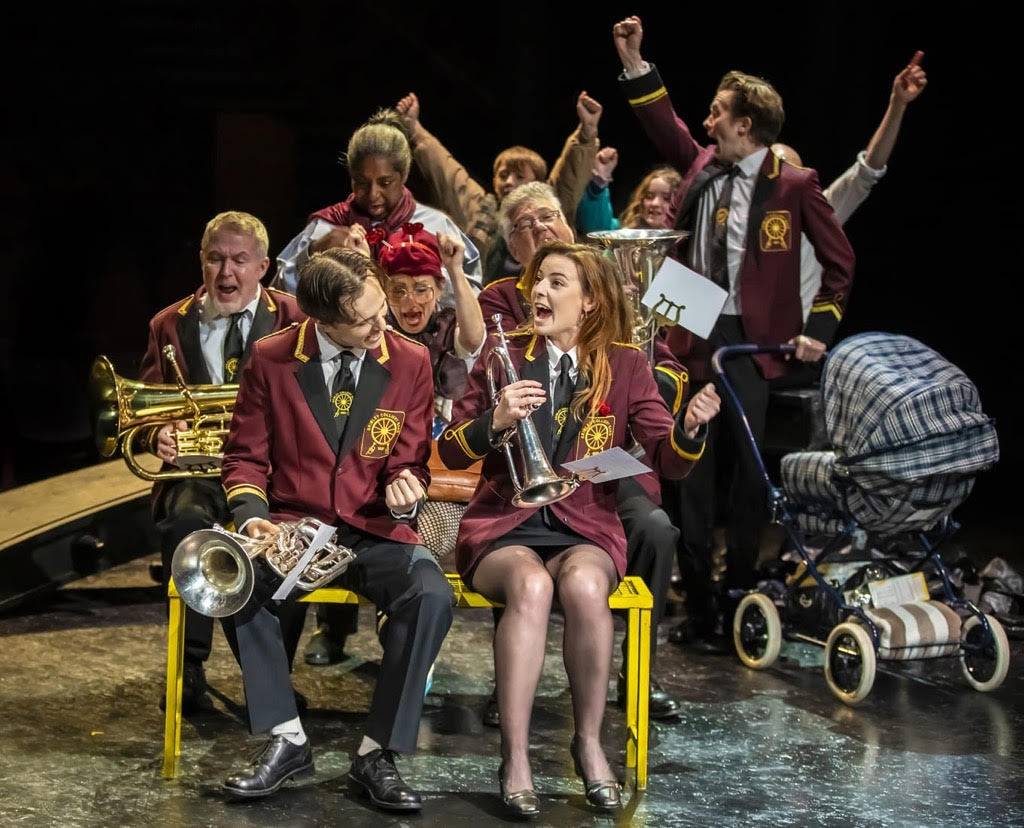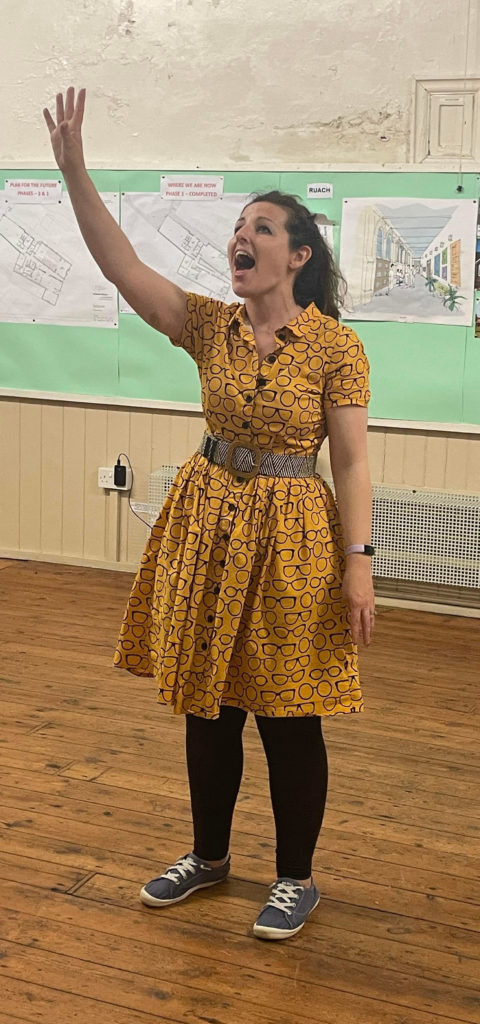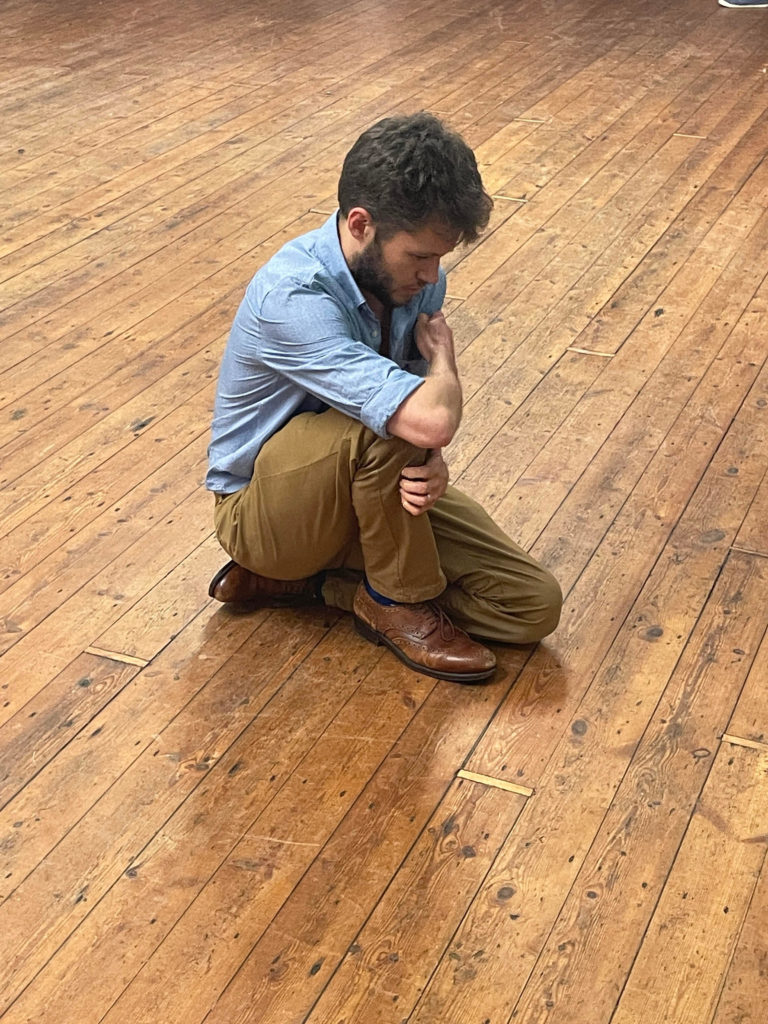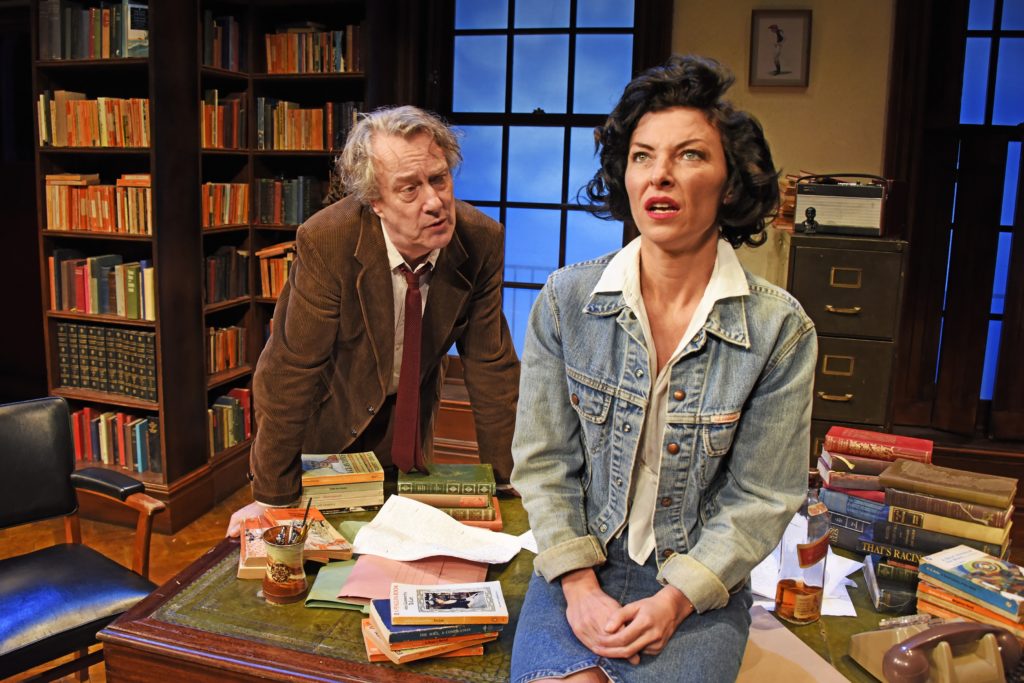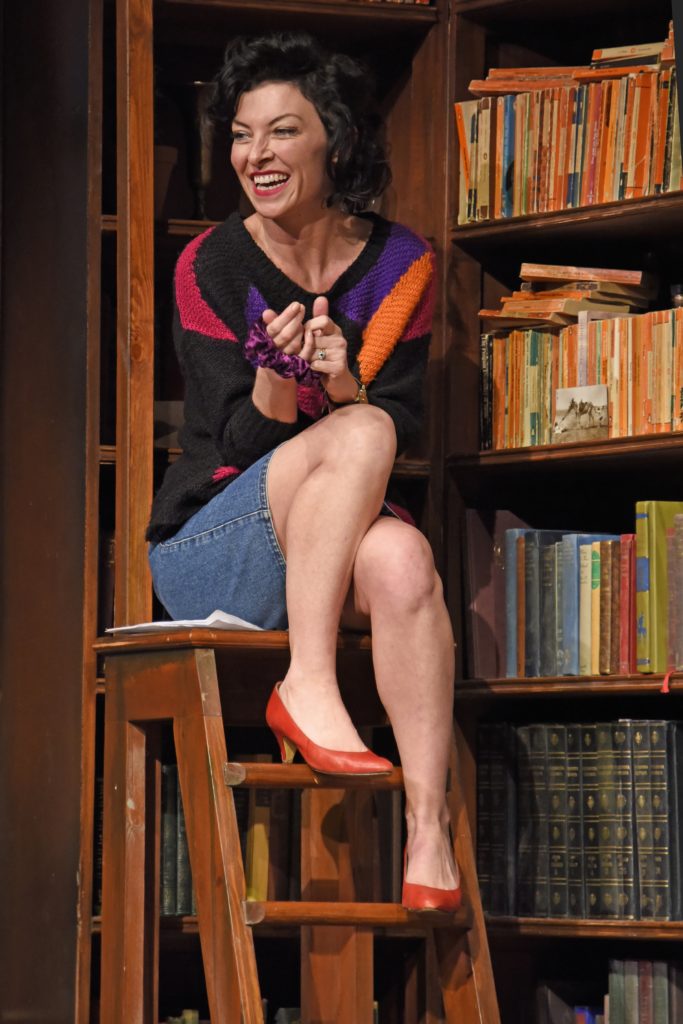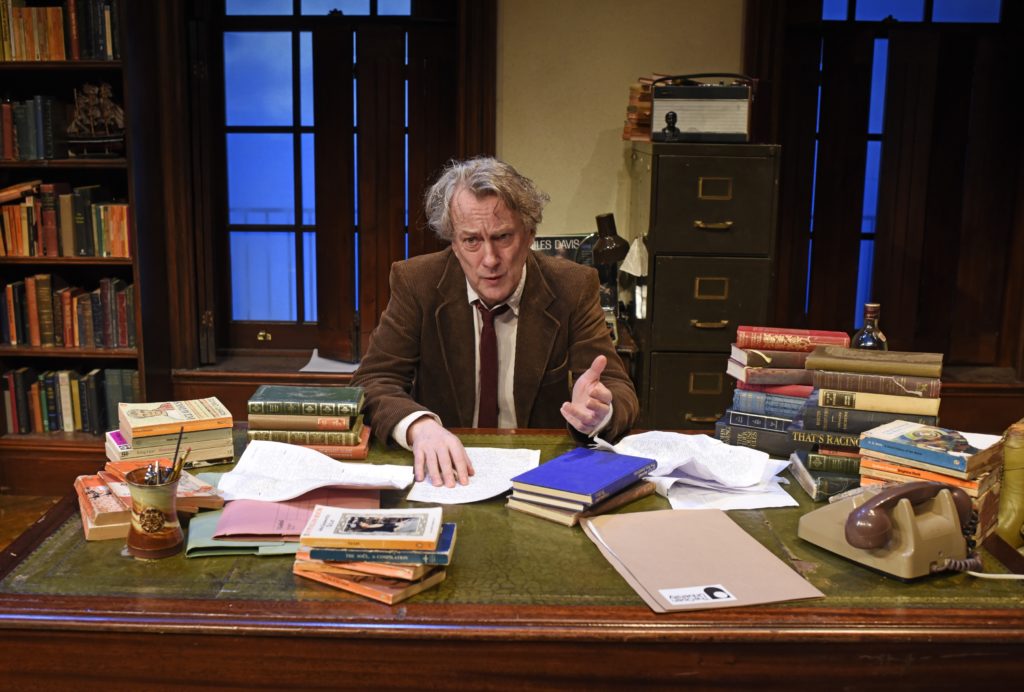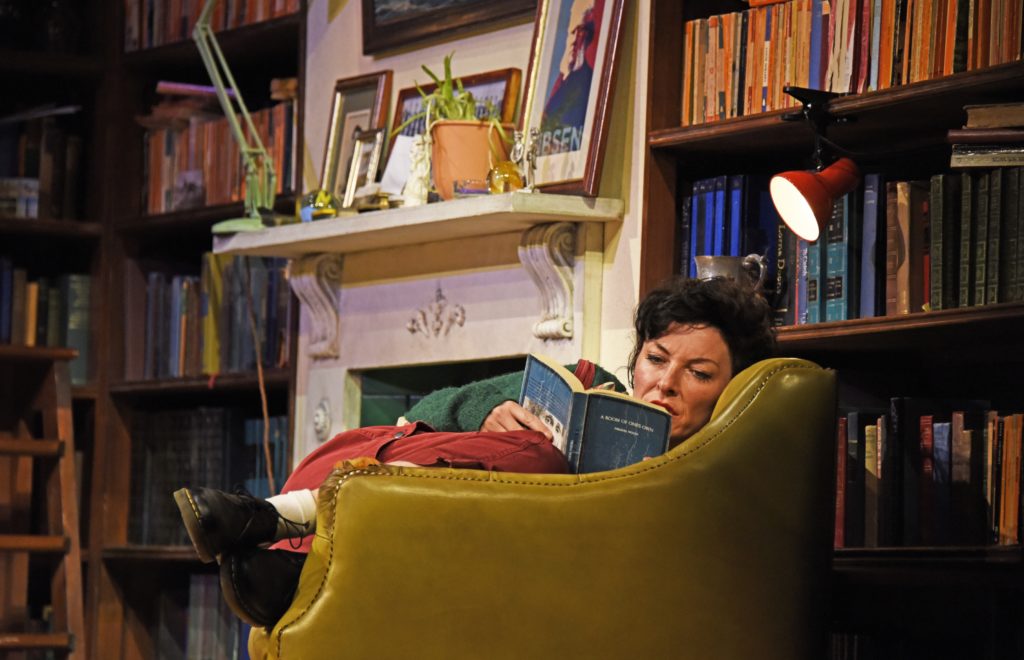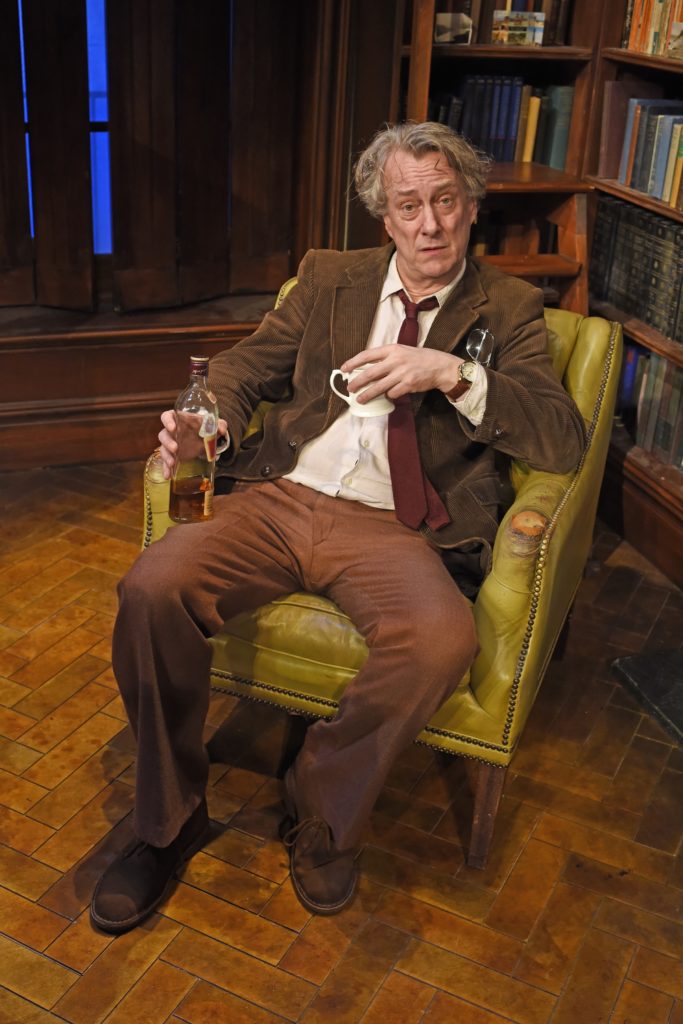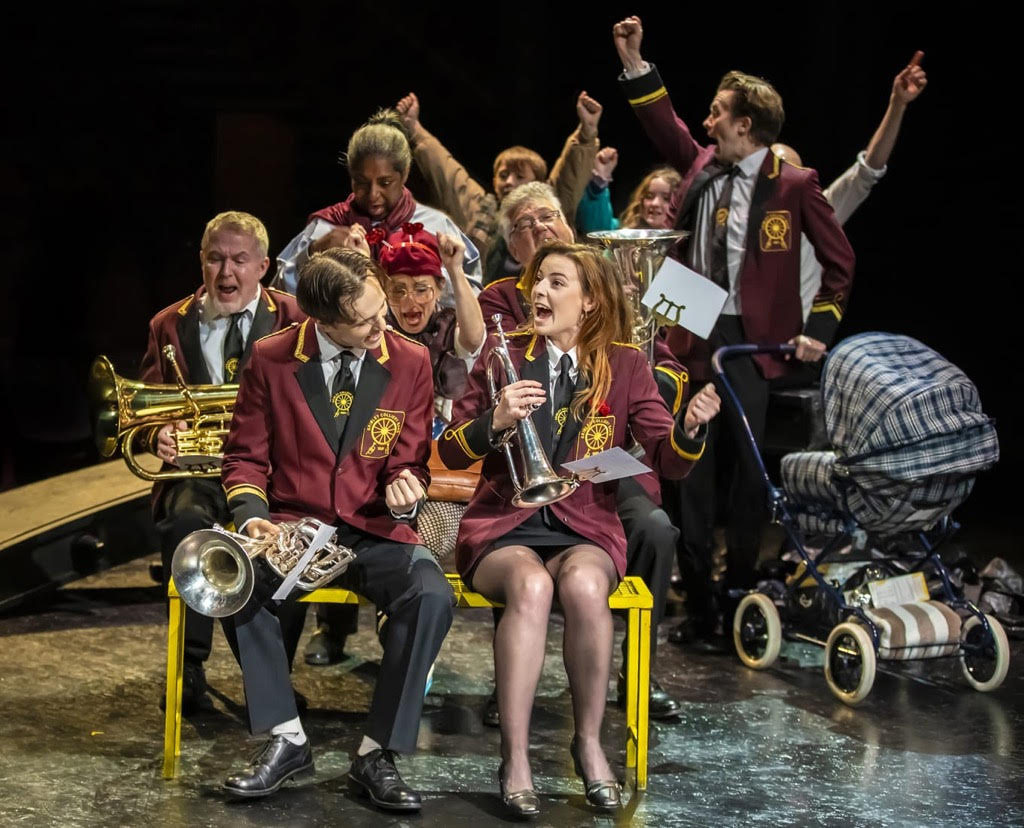
YORK filmmaker Mark Herman’s 1996 colliery band drama Brassed Off was first turned into a stage play with music by Paul Allen at Sheffield Crucible in 1998.
Bridlington-born Herman and Alan Ayckbourn biographer and “failed trombonist” Allen were both in the audience for Tuesday’s Scarborough press night for Liz Stevenson’s co-production for Theatre by the Lake, Keswick, the Stepehen Joseph Theatre and the Bolton Octagon Theatre.
Like the Crucible, all three are theatres in the round, an intimate 360-degree seating configuration that engenders and enhances the intense sense of community that Herman and in turn Allen extol.
“Since the first performances in 1998 it has become more and more of a memory play,” writes Allen in his programme notes before adding: “It always was (the pits had nearly all closed or been scheduled for closure by then) but I don’t think I thought of it that way at the time.”
Stevenson’s 2024 production – 40 years after the cataclysmic Miners’ Strike and 30 after the 1994 setting of Herman’s film – is very much a memory play, still narrated by Phil’s son, Shane, but now the 38-year-old, enervated adult Shane (Andrew Turner), who goes on to play his idealistic eight-year-old self.
In trim white shirt and dark trousers, he matches the look of the Narrator in Willy Russell’s Blood Brothers, but whereas Russell’s character is all-knowing and menacing, Shane is wistful and still seeking answers: answers that tellingly are not forthcoming as hope withers on the vine.
Allen’s notes predict “no obvious collective future in the age of the internet”, but he does say ‘we are a community, in the theatre or the concert hall, just as a band or company of actors have that sense of community’. That sentiment is all the more pertinent in an age when the arts have been subject to funding cuts and a curriculum cull at schools at universities, just as the mining industry was crushed under the Tory boot in the 1980s and ’90s.
Director Stevenson was adamant Brassed Off in 2024 should not be a “nostalgia festival”, and it most definitely isn’t, even if brass band music always evokes the past, like the first whiff of Bisto. A memory play, yes, but one fuelled by bad memories, as much as by a beleaguered community pulling together, their northern humour and jesting, jousting banter defiant to the last in a play suffused with raw wounds, pathos and pride.
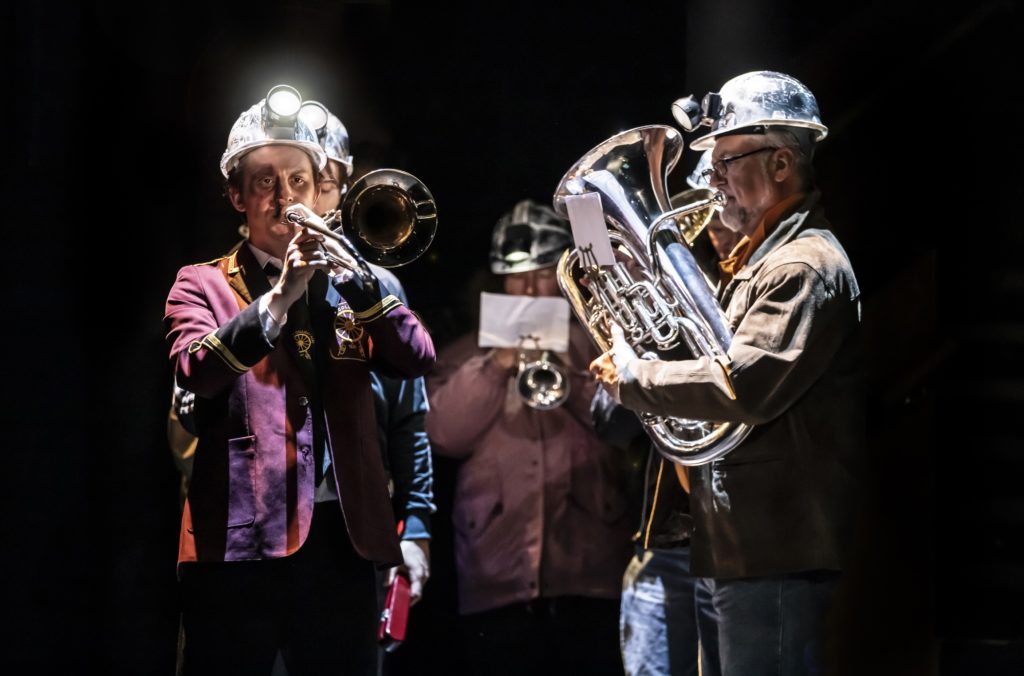
Simon Kenny’s set design could not be starker: a coal-black floor and a spoil heap on a curve, with a pile of coal at each end, to contrast with the canary-yellow crate seating, brought on and off stage by Stevenson’s cast, and the glint of the brass instruments.
The plot, should you need a refresher course, finds the mining community of Grimley, Yorkshire, fighting to keep the colliery open ten years after the Miners’ Strike. Widowed band leader Danny (Russell Richardson) is fighting too, both against ill health and to keep his dispirited band of brass-playing miners together, when his dream of qualifying for the national championships is countered by the spectre of a vote to decide the miners and the mine’s future.
We meet couples under stultifying pressure: Danny’s son, trombone player and hapless clown Phil (Joey Hickman) and wife Sandra (Daneka Etchells), struggling with debts and a new-born fourth child; veteran miners and band members Jim (Greg Patmore) and Harry (Matt Ian Kelly) and their exasperated wives Vera (Joanna Holden) and Rita (Maxine Finch).
Then comes the re-kindling of a school-day crush as Gloria (Hannah Woodward) returns to Grimley, to work on a research project and add her flugelhorn to the band, while stirring old feelings in local lothario Shane (Andrew Turner). A Montague-Capulet division plays out in their latter-day Romeo & Juliet wooing, but with Yorkshire frankness.
To quote Allen again: “Sharing a room, however briefly, and sharing an emotional roller-coaster, we are something more than our individual selves for a few hours but also utterly ourselves. Which is rather glorious.”
How right he is, and that sense of community striving to survive beyond the dying of the mining age is all the stronger for the band playing on. Here that band combines five actor-musicians from the cast (Hickman, Patmore, Kelly, Taylor and Woodward) with a pool of community musicians (including Kate Lock, from York) that changes from show to show.
Matthew Malone’s arrangements are a joy, bringing cheers and tears alike. So do Stevenson’s cast, especially Richardson’s stoical Danny, Hickman’s desperate Phil, Etchells’ despairing Sandra and the sparky sparring of Taylor’s Andy and Woodward’s Gloria.
Brassed Off: still angry, still moving, still as resilient and resonant as ever. Top brass, top class, you might say, as the standing ovation testifies.
Stephen Joseph Theatre, Scarborough, Theatre by the Lake, Keswick, and Octagon Theatre, Bolton present Brassed Off, Stephen Joseph Theatre, Scarborough, until August 31, 7.30pm plus 1.30pm Thursday and 2.30pm Saturday matinees. Box office: 01723 370541 or sjt.uk.com.

